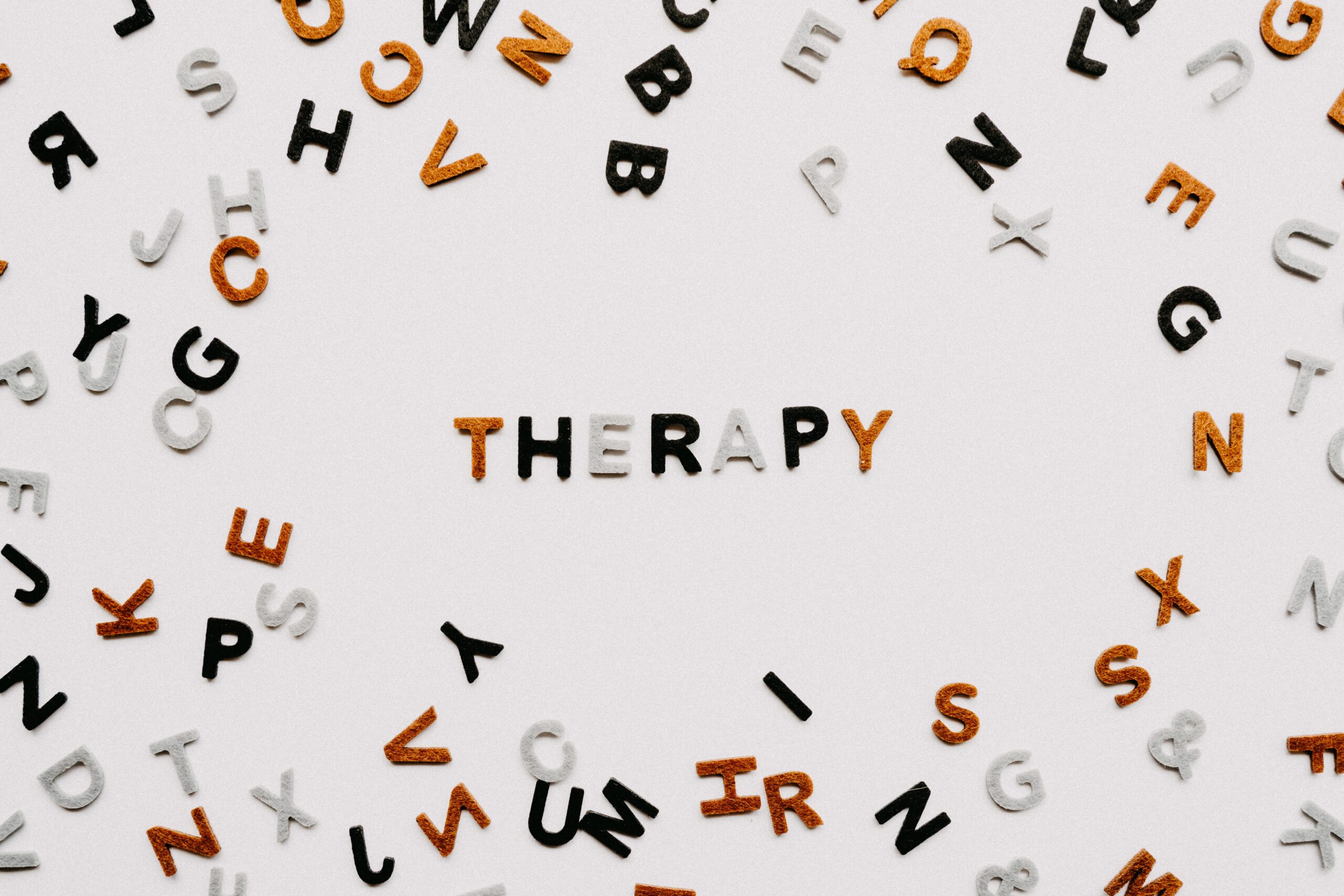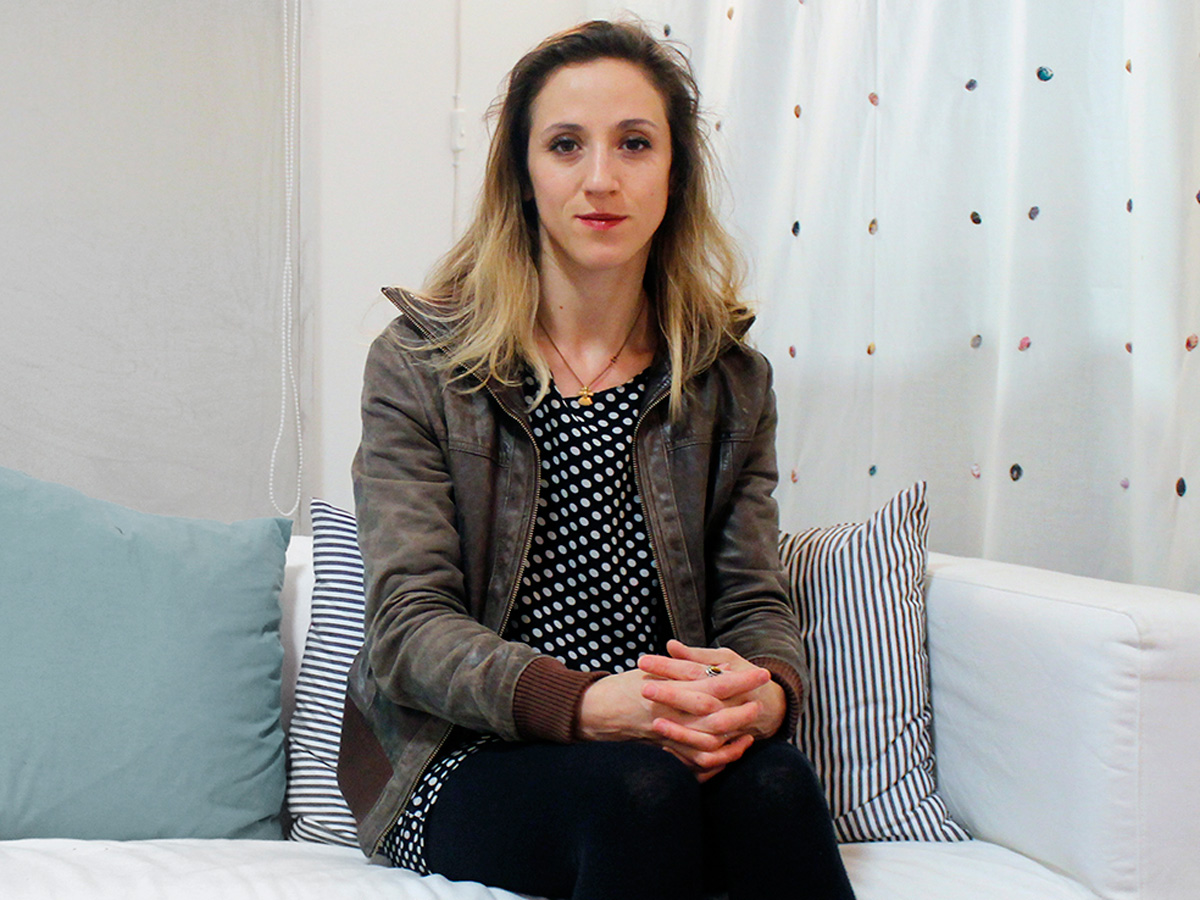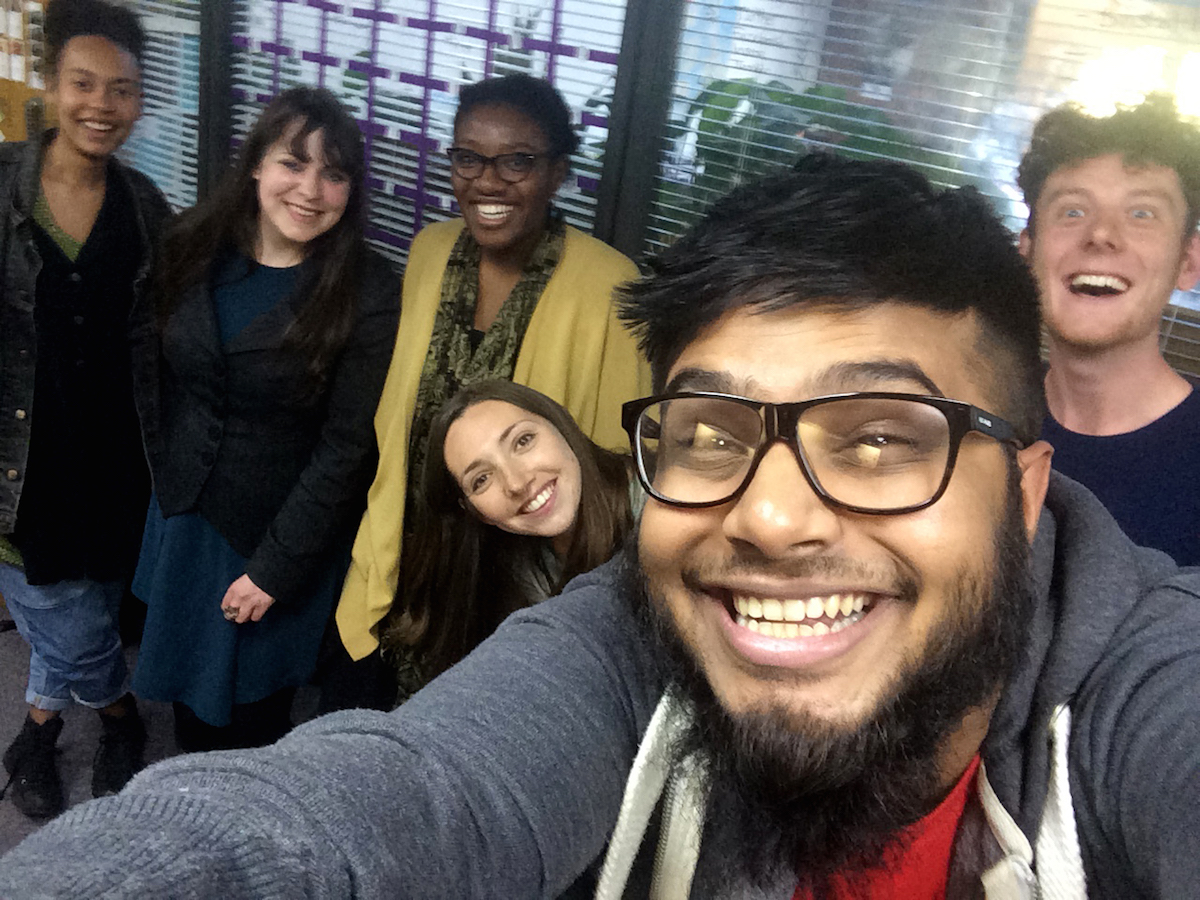Therapy in your Twenties
 In this piece, Freya discusses her experience of finding therapy and shares some tips she learnt along the way.
In this piece, Freya discusses her experience of finding therapy and shares some tips she learnt along the way.
Therapy was so foreign to me before this year. The only representation of therapy I knew was fed to me through characters in television shows, a lot of them mature adults who were speaking on marital, sexual and career issues. I don’t face these issues at this moment in time. I am a twenty-something woman of colour, a student and creative, who yearns for the need to understand why. Why am I feeling this way? Why does this thing, that happened over a decade ago still taunt me? These occurrences were nowhere to be seen in movies or magazines.
At the beginning of the year, I took on new responsibilities, continued to work at a job I felt under-appreciated in, and read what felt like fifty research reports to meet university deadlines. The pressure became uncomfortable and unhealthy.
I kept myself so busy that I ignored my inner self knocking inside my head, telling myself to relax and stop. I was ignoring the signs of my body burning out, skipping meals, because who needs to eat when you can simply vibrate off the high from stress? I did not listen nor was I paying attention to the signs. I tried to be a therapist for myself with no qualifications or understanding about what the human body needs.
To do better for myself, I had to switch my perspective.
I reflected on the demands and expectations I held for myself and those that society has placed on my generation, most of us are running on high functioning anxiety and unaware. Its ‘go go go’ until the exhilaration settles in and morphs into nausea, shakes and uncomfortable emotions. This is when I considered starting therapy.
In 2017 I sat on a year long NHS waiting list to speak with a therapist. I eventually accepted the silence I was being given and suppressed the need to speak to someone. Before I go any further, these waiting lists are not the fault of the nurses or the NHS staff team. The NHS are in dire need for funding! There has been a recovery plan announced by the government, supporting the IAPT (NHS talking therapies) expanding to reach 1.6 million people, making therapy a more accessible service in 2021/22, with promise of an additional £38 million (Gov, 2021). And yes, while these figures and pledges sound hopeful, if you would still rather source your own private therapist, I don’t blame you.
When I followed my urge to go to therapy, I was most emotionally ready than I had been in months. It was a carefully thought-out decision supported with heaps of research. An individual must be mentally, emotionally, and physically ready to start therapy. Read all the relevant articles out there, ask all questions you have around therapy, and if Google is not satisfying your needs, you can call up therapists for consults! Ask them what style of therapy they do, how long the course is, and you can even ask them why they have chosen to become a therapist. You want to be able to build a relationship with trust and respect.
Most importantly, I asked myself what I wanted to get out of therapy.
I needed a purpose and a goal I wanted to work towards. Other important considerations included what type of person could I feel comfortable confiding in, as seeking the right therapist will influence how your sessions will unfold. I found my therapist through Psychology Today, and fortunately, they had availability.
The financial aspect of funding therapy made me want to throw up at the beginning. I had to look at my finances and assess what was substantial and unsubstantial; funding unconventional coping mechanisms or using that money to invest into my personal growth. I would not advise going into your overdraft to fund therapy sessions. Start by setting aside a self-care fund, adding in money as you go along. You could also suggest doing alternate weeks with your therapist, remembering that therapy is not supposed to add to your worries but ease them. There are also therapy charities that will offer discounts or in some circumstances invite you to donate or make a small contribution to counselling fees where you are able to.
A list of valid thoughts a person may have when thinking about therapy: how is someone who does not know me going to know how to help me? Do I deserve therapy? Will I be taking up space by going if my mental health is not at risk right now? You don’t have be at rock bottom to access therapy, and by denying myself the privilege of signing myself up to speak with someone, I was inadvertently adding more damaging stigma to the idea of it. Therapy is not exclusively for people who are deemed by society to need it most, your mental health should not wait until it’s a detriment to your everyday life before you seek it. Accessing therapy to better your understanding of your own personal life circumstances is a form of compassion towards yourself.
Therapy encourages a person to become self-aware of how they move through life and grants us the tools to apply to our day-to-day life.
You don’t need to go into therapy for longevity, short-term sessions are available to help you with what you need in that moment in time.
Accessing the right help and therapist is not as easy for some as it is others. The poverty gap in the UK is diabolical, and the heavy demand of work loaded onto working class homes often makes finding the time and spare finance for a therapist out of reach. Long waiting lists put people off, no fault of the nurses but shame on the government. Lack of representation of different ethnicities, cultures and religions going to therapy are sometimes married with social stigma in some cultures where therapy is mocked. Exercise, creativity, and mindfulness are all healthy and cost-effective alternatives, however, what therapy can offer is the safe space to have a healthy conversation with solutions and the ability to get to the root of what may be triggering you and why. Therapists are qualified individuals whose skills and purpose is to be of service to your needs. Therapy is a detox for our brain and soul.
Attending therapy in my twenties gives me the hope that I will not carry unhealthy traits into my future.
I partake in narrative therapy, choosing different perspectives to look at childhood traumas and breaking down the blockages I had curated to ‘protect’ myself. Therapy is a form of self-love that you offer to yourself, giving yourself recognition for things you may not have realised you have accomplished until outlined in an hour’s therapy session. It is getting to speak with someone who has no preconceived bias of you as a person – they are joining you for as long as you need them on your healing journey.
My therapist made it clear to me on my first session that the rush of emotions that will arise from our sessions will not be fixed and fully understood with immediate effect. Therapy is intense, intimate, rewarding and honestly, it may feel like someone is sitting on your chest at times – but emotions are something we should not fear. We should normalise sitting with ourselves and showing ourselves compassion.
What are your experiences with therapy and finding a therapist? Let us know on our socials.

About Rife





